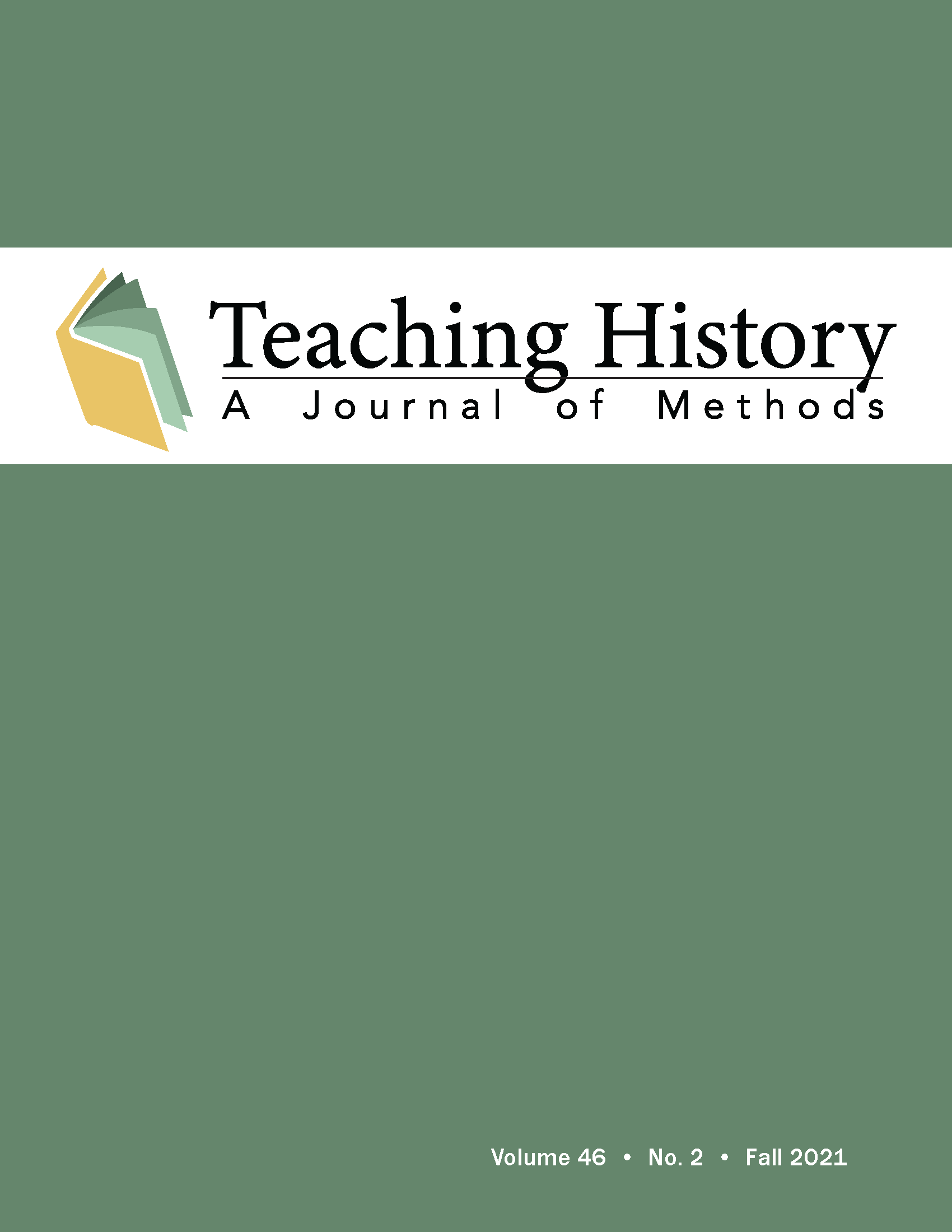Teaching Jacobitism for the Twenty-First Century
DOI:
https://doi.org/10.33043/TH.46.2.20-27Keywords:
jacobites, skills-based teaching, online teaching, slavery, genocide, war crimes, primary sources, Duke of Cumberland, Scotland, Twitter, social mediaAbstract
This is a case study in highlighting evolutionary changes that have taken place within the history profession in recent years. Between 2015 and 2021 I have taught and redesigned a course for university students on the Jacobites. During this time I have significantly evolved in my approach to teaching eighteenth century history. I have moved from designing knowledge-based courses to skill-based courses, skills which all historians use regardless of specialism or field of interest such as historical empathy, measuring progress and decline, close reading of primary and secondary sources. I introduced marginalised and often forgotten voices from history and in doing so disrupted the romantic image of the Jacobite.. With this approach aimed to promote a set of skills relevant for the twenty-first century. A new generation of students has a different approach to learning than previous generations and social media is now used to consolidate learning through interactivity and fun. The new media and the digital technologies are now essential tools whether it be online course design and assessment or face-to-face with the students. My traditional forms of teaching eighteenth century history have fundamentally been challenged by the new technologies and pedagogical approaches have undergone significant evolutionary change.
Downloads
Downloads
Published
How to Cite
Issue
Section
License
Copyright (c) 2021 Kirsteen M. MacKenzie

This work is licensed under a Creative Commons Attribution-NonCommercial-NoDerivatives 4.0 International License.
By submitting to Teaching History, the author(s) agree to the terms of the Author Agreement. All authors retain copyrights associated with their article or review contributions. Beginning in 2019, all authors agree to make such contributions available under a Creative Commons Attribution-NonCommercial-NoDerivatives 4.0 International license upon publication.



